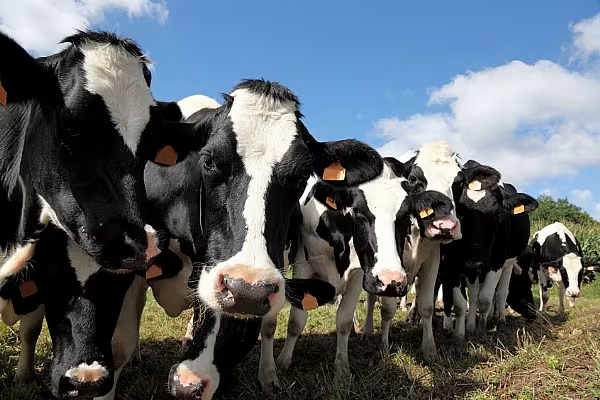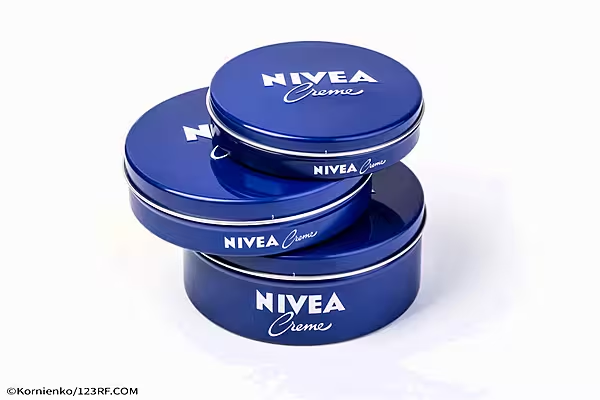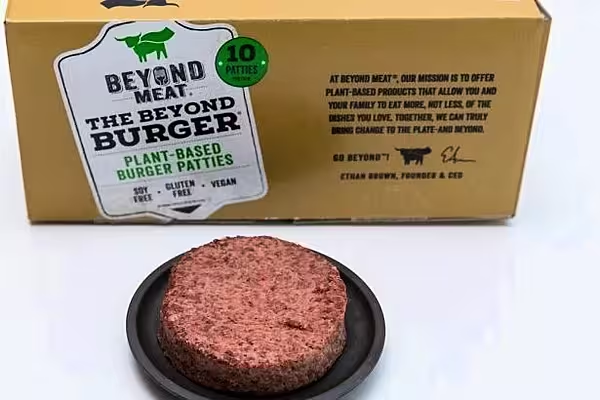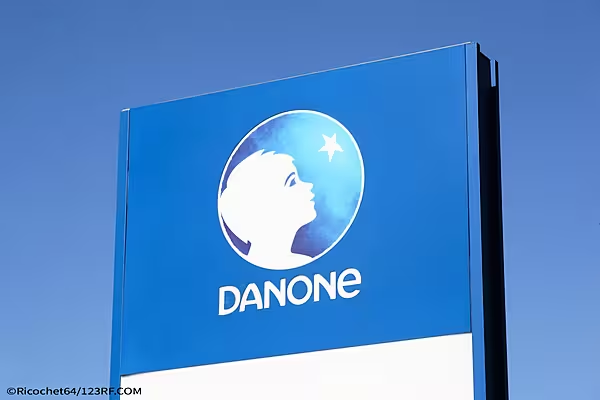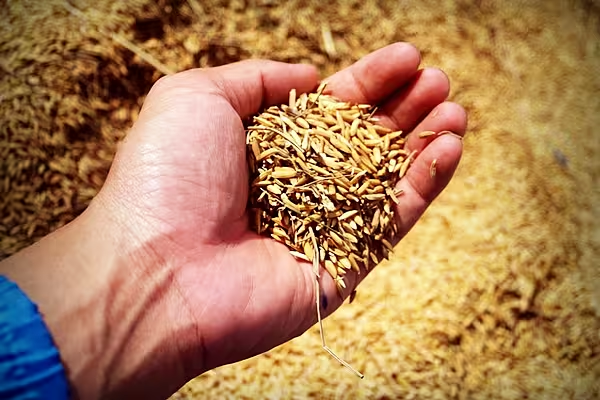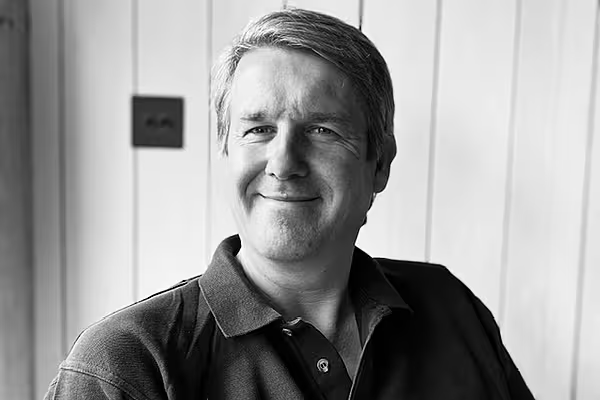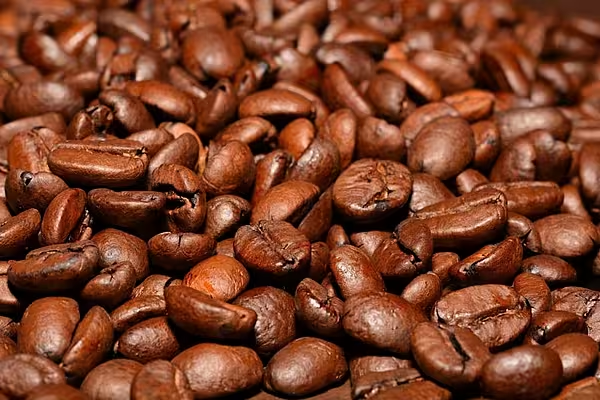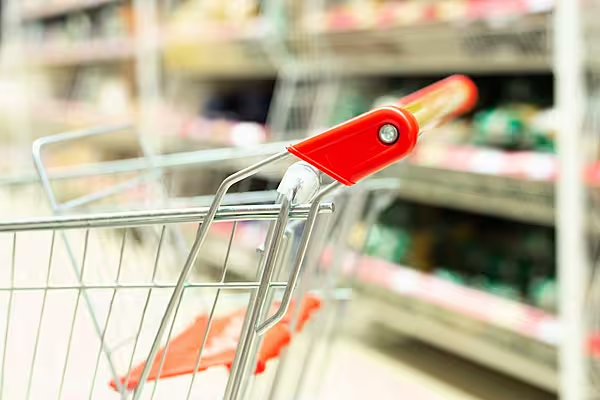China’s path to food security is taking a big swing to the south. In fact, 5,300 miles down to Tasmania, the dairy-hungry nation’s newest source of fresh milk.
Businessman Lu Xianfeng plans to begin early next year flying fresh milk to his home city of Ningbo, in eastern China, from the island state where he owns Australia’s largest dairy operation. Lu’s Moon Lake Investments Pty bought the 191-year-old Van Diemen’s Land Co. for A$280 million ($214 million) in March, giving him access to 25 dairy farms and enough milk to fill an Olympic-size swimming pool every nine days.
A share of that will be flown to Ningbo every week, Sean Shwe, Moon Lake’s managing director, told reporters Wednesday in Hobart, where the China-bound bulk deliveries will depart. While countries as far away as the Czech Republic and Chile sell milk to China, Moon Lake is counting on gaining an edge with milk from Tasmania’s far northwest coast which, it says, boasts “the cleanest air in the world.”
The volume of milk shipments to the world’s most-populous nation has jumped an average of 126 percent a year since 2010, creating a $333 million market dominated by the European Union, according to Chinese customs data.
Chinese consumers, ruffled by past food scandals, see imported milk as a safer alternative to domestic supplies, the U.S. Department of Agriculture said in May. Moon Lake has already forward-sold more than 15 million yuan ($2.2 million) of milk from its Van Diemen’s Land dairies, which it calls VDL Farms.
“This is an exciting venture for our company, VDL Farms and potentially for all Tasmanian producers of fresh, perishable produce such as seafood, fruit and vegetables,” Shwe said in a statement.
About 10 million liters of milk a year from VDL dairies will be trucked to Hobart for processing by Lion Dairy and packaged under the “VAN Milk” brand, a nod to the dairy operation’s ties to Van Diemen’s Land Co., according to the statement.
Moon Lake is in advanced talks with airlines and airports to begin weekly round trips from Hobart to Ningbo starting in the first quarter of 2017, with a view to increasing the frequency to two-to-three times a week in a year, and adding Beijing as a destination, the company said.
International Again
The new air freight route will mark the return of international departures from Hobart International Airport after a regular passenger service to Christchurch, New Zealand, was canceled in the 1980s. Initially, fresh milk will be sold in 1-liter and 600ml cartons, with plans to add yogurt and other dairy products, Moon Lake said.
“It is great for VDL and the Northwest Coast community as it moves the farms from ones that previously just produced milk and watched it leave through the farm gate, to ones that now produce a high quality, value-added export product, giving them more security and certainty about prices,” Shwe said.
The milk exports will be a boost for Tasmania, Australia’s smallest and least-populated state, where an unemployment rate of 6.5 percent lags the national rate of 5.6 percent, and its citizens are more dependent on welfare than in any other state.
“Tasmania is now a destination that investors want to be a part of,” the state’s Premier Will Hodgman told reporters on Wednesday. “We have some of the best and finest produce in the world that growing, massive markets like China want to get more of.”
Milk Premium
Moon Lake is aiming for the premium end of the market, with the milk to sell for between A$10 and A$15 a liter ($29-to-$44 a gallon).
“VAN Milk” will represent the first sale to China of Tasmanian milk by a wholly-owned Chinese company. Having direct stakes in food-producing companies gives Chinese firms an advantage over Australian competitors when it comes to selling into China, according to Michael Harvey, a senior dairy analyst with Rabobank International in Melbourne.
Down Under Milk
“The advantage is being able to navigate some of the complexities in the market,” he said in an interview. Milk from Down Under “is held in high regard, so there is a strategic priority in China to source the product from Australia,” he said.
After Germany, Australia is China’s biggest supplier of liquid milk, including UHT products, shipping 61,184 metric tons of the product, worth A$62 million, last year, Chinese customs data show.
China’s dairy farms are located mostly in the country’s central and northern areas, where the climate is more suitable for raising cattle, the USDA said in a report in May. Weak cold chain logistics have made it difficult to ensure the milk’s freshness when it reaches major markets in northeastern and southern China, it said.
Melamine, Mercury
On top of that, the discovery of contaminants from melamine to mercury have made Chinese consumers wary of the local product. That’s slowed the increase in milk consumption in China, which averages about 33 kilograms per person a year -- less than a third of the global mean, according to the USDA, which said in May that “milk consumption has plenty of growth potential.”
Moon Lake said it plans to increase milk production at its VDL Farms by 80 percent within five years. VDL currently produces 7.66 million kilograms of milk solids a year from about 30,000 cows, which graze on 7,000 hectares (17,300 acres). Once “VAN Milk” is established in Ningbo and Beijing, Moon Lake wants to take it to Shanghai, Hangzhou and other Chinese cities. Moon Lake’s owner Lu, 46, is also executive chairman and the largest shareholder of Ningbo Xianfeng New Material Co., a builder of sunscreen fabrics and shades.
‘Less Saturated’
“We’ve chosen Beijing and Ningbo for the initial marketing push because Ningbo is Mr. Lu’s home town and he has established networks to sell the product,” Shwe said. “Also, the city has among China’s highest average incomes and is less saturated with western products than, say, Shanghai.”
Still, selling milk to China isn’t without risks. Earlier this year, Chinese regulators told Australia Dairy Farmers Group that it needed to re-validate its product shelf-life and supply-chain processes, effectively freezing sales there for at least two months, Chairman Michael Hackett said.
“Investors think somehow you find a pot of gold in dealing with China,” he said. “They’re not bad margins, but there’s a lot of extra work involved to get them.”
Hackett’s advice is to get as close to the consumer as possible, “so you’re not dealing with an importer, who then has a distributor, who then has a retail group,” he said.
News by Bloomberg, edited by ESM. To subscribe to ESM: The European Supermarket Magazine, click here.
